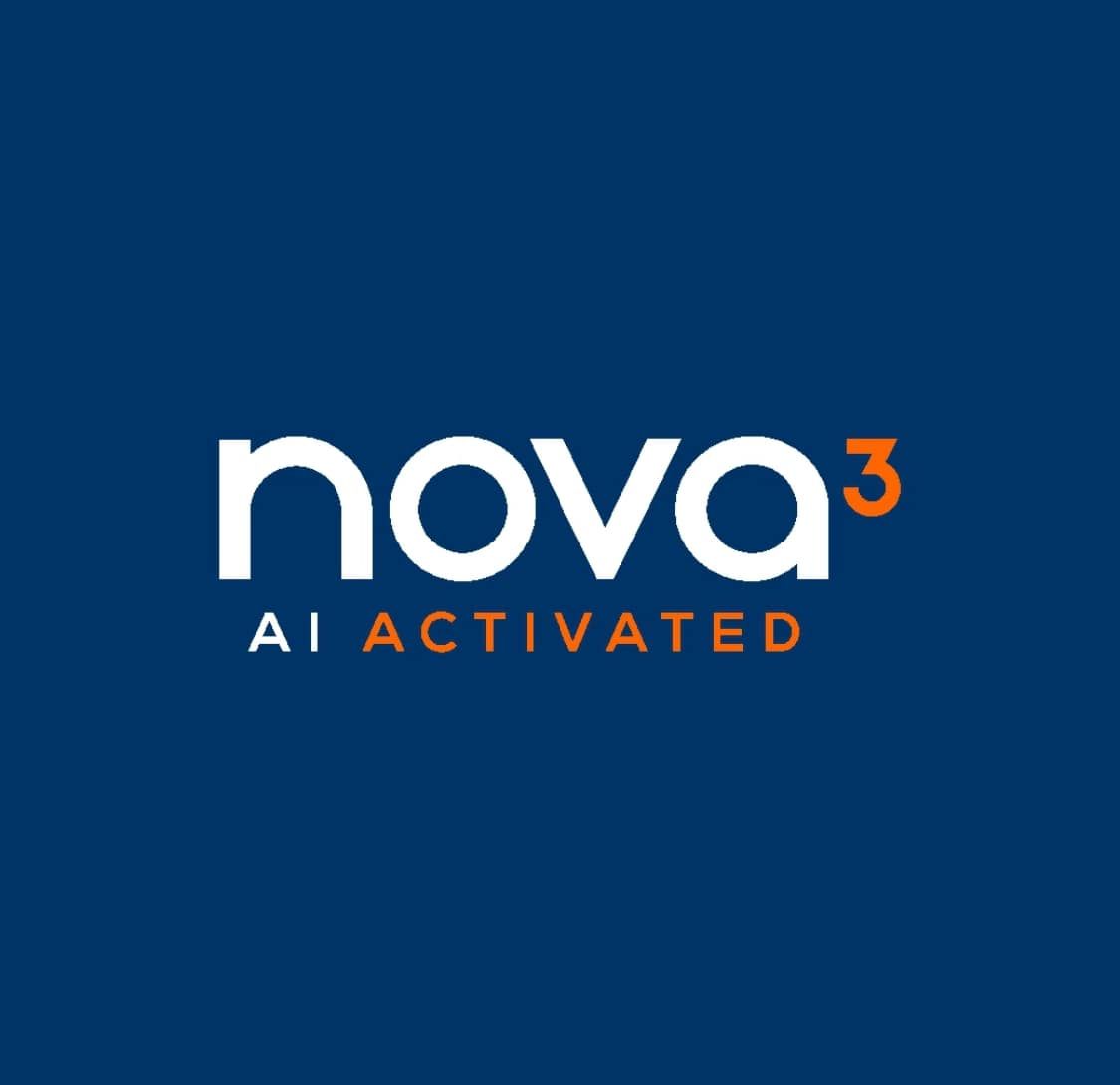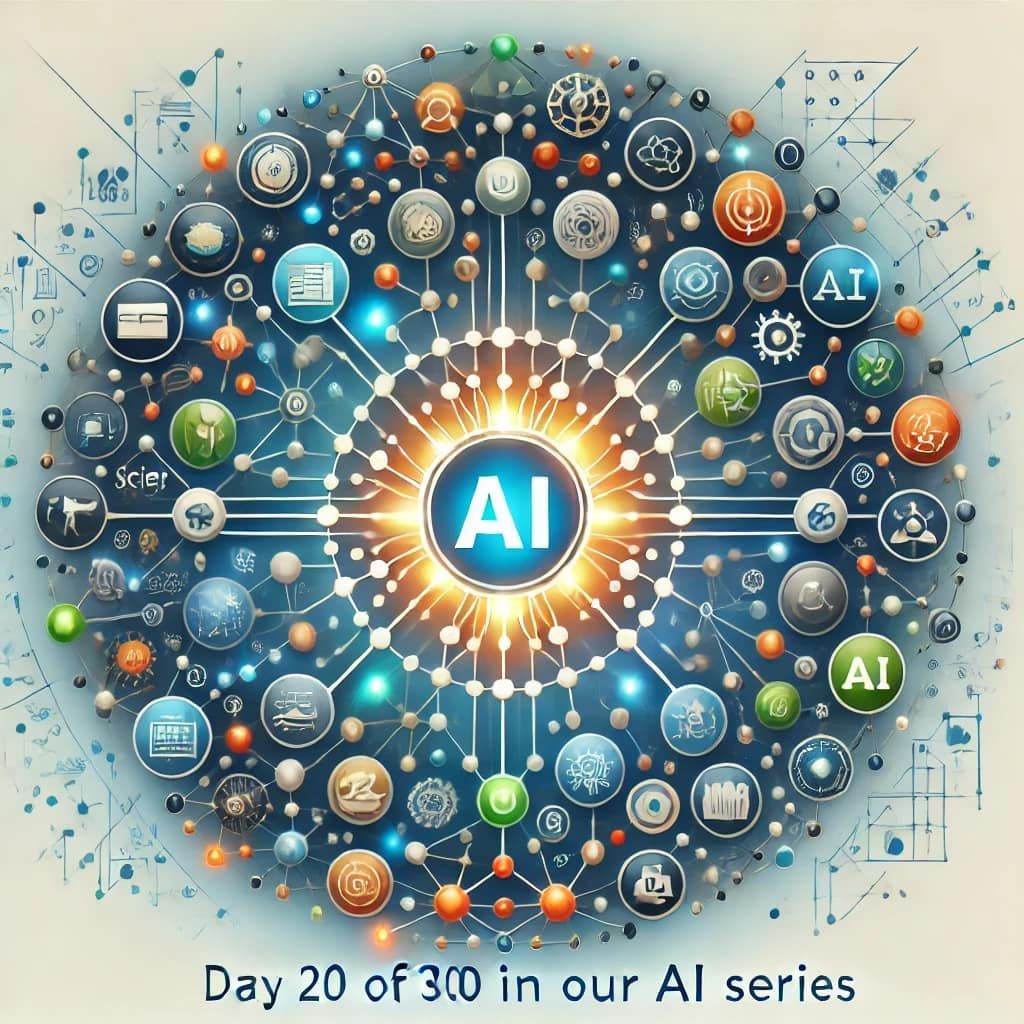30 Days of AI | DAY 23
Put your “readers” on and get ready.
Ok people, the next two days AI posts are going to be a lot, but there’s so much here that you don’t want to skip these two. Put your “readers” on and get ready.
It’s Saturday, August 24th, and we’re diving into a topic that has been a central theme in my journey with AI—
Cognitive Demand.
As I’ve mentioned before, nearly a year ago, I took an online Prompt Engineering course offered through Vanderbilt University.
It was a transformative experience that laid the foundation for our agency's pivot towards AI consulting services.
However, the course wasn’t without its challenges. It was more advanced than I anticipated, and the Cognitive Demand was intense.
This experience wasn’t just a learning curve; it was a critical moment that highlighted the mental effort required to integrate AI into everyday work.
Before we dive deeper, let me remind you that we’re in the midst of our 30 Days of AI series. This weekend’s focus—Saturday and Sunday—is on Cognitive Demand.
Today, we’ll explore what Cognitive Demand is and why it’s such a significant factor when adopting AI tools. Tomorrow, we’ll look at solutions to manage and reduce this demand effectively.
Understanding Cognitive Demand: The Hidden Challenge of AI Adoption
Cognitive Demand refers to the mental effort required to process, understand, and interact with complex information—especially in fast-evolving environments like AI.
When you first start using AI tools, the sheer volume of information, the speed of outputs, and the necessity to manage and iterate on that information can be overwhelming.
Key Elements of Cognitive Demand:
Mental Effort: The brainpower needed to engage with AI tools, especially when learning new concepts or managing large outputs.
Information Processing: The challenge of organizing and interpreting the vast amounts of information that AI can generate in seconds.
Sustained Attention: The focus required to keep up with long, detailed outputs, which can quickly lead to mental exhaustion.
In those early days of the online Vanderbilt course, I felt this Cognitive Demand acutely.
The tools were powerful, but they weren’t as intuitive as they are today.
Each session left me mentally drained, and I realized that if I was feeling this way, others would too.
This was a pivotal moment as we started integrating AI into our agency’s offerings and began to see the same challenges in our clients.
The Common Pitfalls: Overwhelm and Abandonment
Over the last nine months, we’ve conducted pilot projects for our agency clients, integrating AI into their workflows.
Through these pilots and countless conversations with friends, family, and business owners, I’ve noticed some common pitfalls related to Cognitive Demand:
1. Initial Overwhelm: Many people are hesitant to start using AI tools because the Cognitive Demand seems too high from the outset.
They’re overwhelmed by the perceived complexity and potential workload, leading to procrastination or avoidance.
2. Poor Prompting Leads to Poor Outcomes: For those who do start, the next hurdle is learning how to prompt effectively. Early attempts are often vague—requests like "make me a marketing email"—which lead to subpar results.
This lack of clarity and intent in prompting can lead to frustration and abandonment of the tools.
3. Sustained Engagement Challenges: Even when users get past the initial stages, the Cognitive Demand of managing long chat instances and processing extensive outputs can be mentally taxing.
This is especially true when the tools produce reams of text in seconds, requiring users to constantly scroll, re-read, and manage large amounts of information.
Interjecting Hopium: There’s a Way Through This
Here’s the good news: while Cognitive Demand is real, it’s also manageable—and temporary.
Recognizing this challenge is the first step toward overcoming it.
The mental investment required upfront leads to a significant payoff in terms of reduced workload and increased efficiency.
Tasks that used to take hours can now be completed in minutes once you’ve mastered these tools.
This is where our agency comes in.
Over the past several months, we’ve developed a framework and methodology designed to reduce Cognitive Demand and make AI tools more accessible and easier to use.
We’ve seen firsthand how the initial mental effort required to learn these tools quickly transitions into a phase where the tools start to work for you, drastically reducing the time and effort needed to complete tasks.
This isn’t just a theory—it’s a process we’ve lived through and refined.
By embracing this challenge, you’re not just learning to use a tool; you’re investing in a way to significantly improve your productivity and reduce the mental strain of your workload.
The payoff is immense, and it comes faster than you might think.
Tomorrow, we’ll dive into the specific strategies and tools.
These tools not only help manage the mental effort but also leverage AI to make your work more efficient, cutting down the time and mental energy required to get things done.
If you’re feeling overwhelmed or unsure where to start, know that you’re not alone—and that there’s a way through this.
Enjoy your Saturday peeps!
Ready to Start Your AI Journey?
© Copyright Nova3. All Rights Reserved




